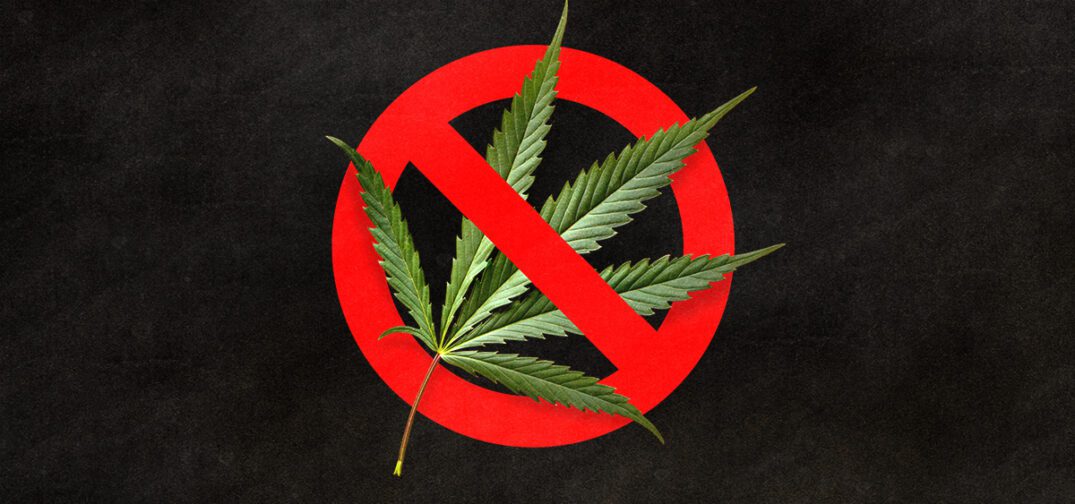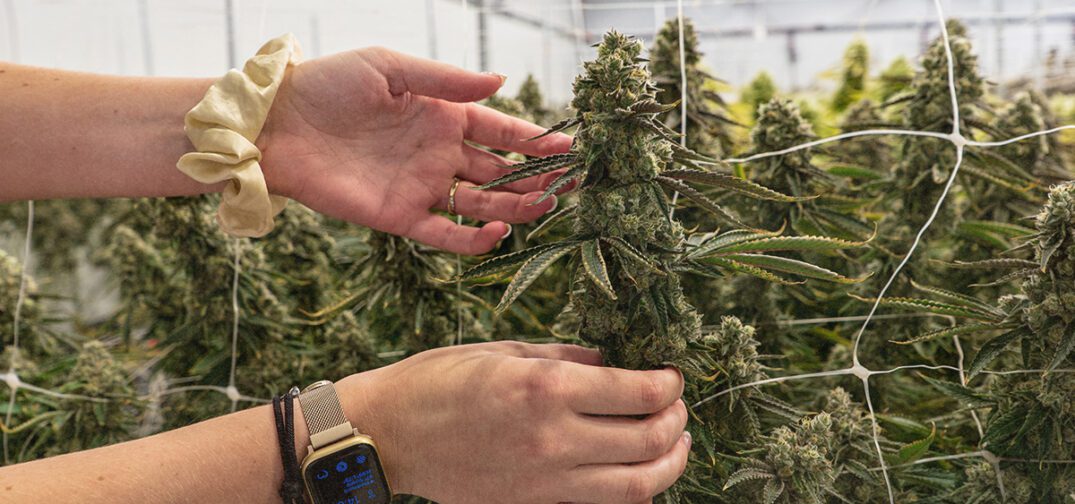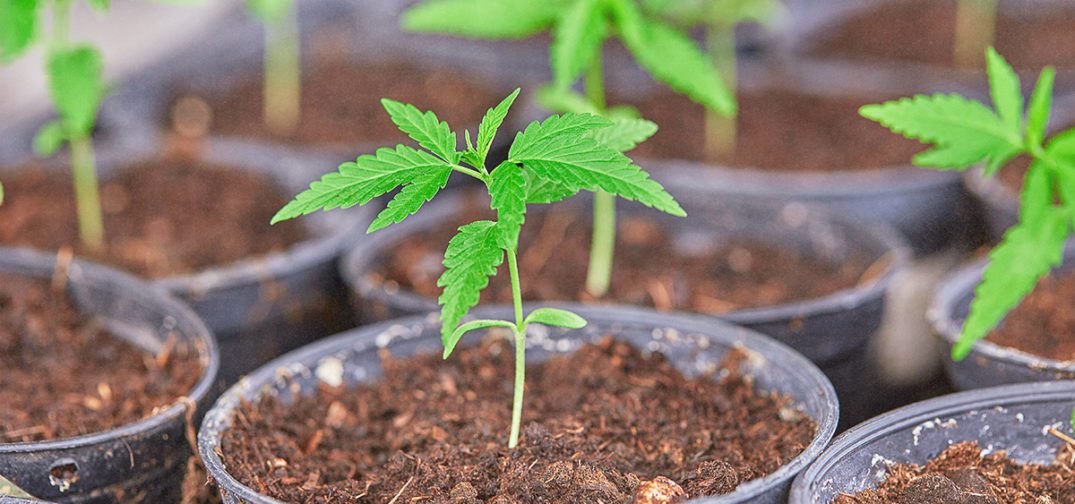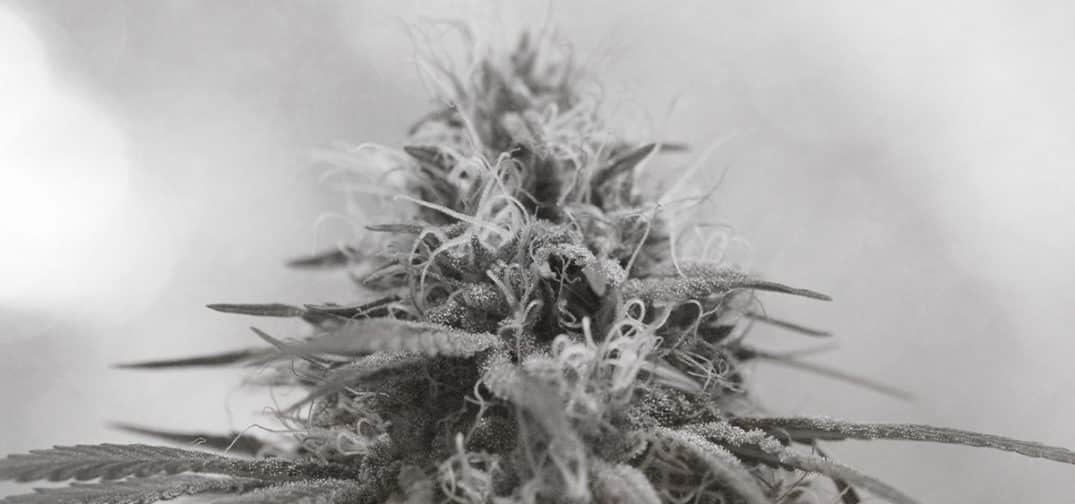Editor’s note: This editorial was contributed by Christine De La Rosa, co-founder and CEO of The People’s Ecosystem, a California-based and equity-focused multistate cannabis operator.
Pharmaceutical, agriculture, wind power, solar power, electric cars, steel, banks, airlines, and railroads — what do all of these industries have in common? They have all been subsidized by the federal government at the onset, during the growth phase, or during downturns in their industry. Trillions of dollars have been poured into these industries to stand them up or to save them from failing. Yet the U.S. government has done very little to assist in standing up one of this century’s largest and most lucrative industries we will see in our lifetime or the 21st century: the cannabis industry.
What are federal subsidies?
So what is a subsidy? Subsidies are direct contributions, tax breaks, and other special assistance that governments provide businesses to offset operating costs over time. If ever there was an industry that needed help to offset operating costs, it would be the cannabis industry. This is not an industry that will be able to sustain, grow or thrive unless funding is available from both the public and private sectors. Our legislators must be disabused of the notion that cannabis is a cash cow for their empty coffers. Governments, municipal, state, and federal, run the cannabis industry as if it doesn’t need any help when it absolutely does and now, right now.
Did you know that the three largest subsidized industries are energy, agriculture, and transportation? Cannabis sits squarely in the agriculture category, and literally, no other part of the supply chain is more important than cannabis cultivators. Manufacturing, distribution, and retail do not exist unless we have a robust cultivation community of all sizes, from large-scale to craft growers. Cannabis cultivators, our cultivators, should receive some portion of the subsidies offered to their counterparts in other agricultural categories. At the same time, some subsidies are available for hemp growers but very few growers know how to access them — but at least they have them. Back to cannabis cultivators, the backbone of the cannabis industry, the fact that they don’t have access to agricultural subsidies from their federal government is a crime and makes no sense.
Reached the tipping point
Right now, there is a cacophony for SAFE Banking, as there should be, but we can’t forget what is owed to us as an industry. It feels like all of our resources go to supporting SAFE Banking, and then what? We must be aggressively working on parallel tracks for what we expect from our governments to help us stand up for this industry, as it has for almost every other industry of this magnitude. We need to ensure that our governments, at every level, are ready to engage with the cannabis industry in helpful and not harmful ways. My biggest takeaway when speaking to legislators is how little they understand about what it takes to run businesses in this industry. It is clear to me that they don’t understand the depth and breadth of what is possible if they are good stewards of this industry, and it goes way beyond SAFE Banking.
We are at a tipping point in the industry where there are so many small and midsize businesses failing because they don’t have access to institutional capital or regular banking. Still, more importantly, the whole industry doesn’t have access to federal funding, which we should have. Cannabis is a life-changing medicine, and I know that firsthand. It is also an industry with the ability and the mandate to increase the income of an entire generation. The federal government spent trillions of dollars to fight the War on Drugs. Where did that money go now that the cannabis industry is being regulated? Why was it so easy to find money to throw our people in jail, but now that money is nowhere to be found to guarantee a thriving, robust, and just industry?
If you read my article “Social Equity is ‘The Hunger Games’ for BIPOC & Formerly Incarcerated Cannabis Founders” earlier this year, you know I am not a fan of social equity. I find it abhorrent that we are expected to pay to repair our own harm. As a disabled person, I am angrier that my medicine, our ancestral medicine, is being used as a tax windfall for governments. They need to find all that money they had before to incarcerate our people and all the new money coming in from the regulated market and use it to subsidize the industry that will change the world. There are many ways to do this by looking at the agriculture subsidies as a guidepost, but let’s get creative; let’s help our governments get more creative.
- Let’s make sure our Small Business Administration understands the needs of the cannabis industry, especially our small businesses because those needs are sometimes unique.
- Let’s get them ready now to work with our industry at the moment of federal legalization because that will be an extinction event for small to midsize businesses if we cannot access capital.
- Let’s create tax incentives for companies committed to DEI and ESG initiatives now, not later.
- Let’s build the workforce development needed for our essential workers and our new founders. And let’s make sure it is what we need.
- Let’s get the grants ready for companies working hard to limit their carbon footprint and build green.
- Let’s set up direct cash payments to cultivators when market compression hits or there is a natural disaster.
- Let’s provide loans, with no penalty for default, to the backbone of our industry, the cultivators.
- Let’s ensure we have affordable insurance subsidized by our government at all levels of the supply chain.
The list can go on and on. These are just a few ideas but I am sure collectively, we can add to the list. I challenge us as an industry to start thinking about federal subsidies with the same fervor that we champion SAFE Banking.
No other industry, at this scale and in recent history, has had to stand itself up with such little help from the government. In recent years, many people have proposed massive cuts in subsidies because of expanding government debt and declining tax revenues. Except we are the tax revenue, and we must demand that we are afforded the help we need to create the industry we deserve.
Update:
I had written this piece and submitted it a few days before the announcement of President Biden’s recent cannabis orders — this topic is now more relevant than ever. It is possible that cannabis could be rescheduled within 12-18 months or sooner. How will we as an industry prepare our government to assist us in standing up a federally legal industry? The time to talk about it is now because it is more imminent than ever.
I was in the middle of a large exhibition hall promoting our line of products with hundreds of other cannabis brands in Santa Rosa, California when I read the news via an email. I immediately started running to all the different booths around us to share the news. About 20 minutes later, it was announced over the loudspeaker, and the entire exhibit hall erupted in cheers. I ran back to our booth where a group of my OG colleagues had gathered. We hugged and cried together at this momentous event that we were lucky enough to share as a community. Everyone was so joyous and optimistic about our future. After about 10 minutes, we all got back to work. That’s what we do as an industry — we work hard to get our medicine to the people.

























